Myrtle Essential Oil
From £4.95
Steam distilled from the blossom of the myrtle tree, Freshskin Beauty myrtle essential oil is 100% pure. With origins in France, this popular oil has a middle to top note aroma with similarities to eucalyptus.
Our pure myrtle essential oil is available in seven bottle sizes, from 10ml up to 5000ml.
 |
Myrtle oil has been used for its remedial properties for thousands of years. Aromatherapists love myrtle essential oil for its ability to cleanse the emotions, helping to soothe negative thoughts and behavioural patterns.
Myrtle essential oil uses
With a fresh, camphorous fragrance, myrtle essential oil has been used in alternative medicine to combat many an ailment. Antiseptic, antimicrobial, and anti-inflammatory, myrtle oil contains some mightly active ingredients beneath that gentle scent.
Often used to treat coughs and colds, exhaustion, and problems with the respiratory tract, myrtle oil can also be applied topically, with its antiseptic properties helping to reduce issues such as acne.
Myrtle essential oil is also a great option for blending. Myrtle blends well with rosemary oil, clove bud and ginger, and its sweet scent adds a little lift to any recipe. A great choice for the diffuser if you’re suffering from a chest infection, relax and enjoy the emotional balance this fragrance inspires.
Myrtle essential oil benefits
Myrtle essential oil has many benefits for our physical and spiritual wellbeing. Myrtle oil is said to lift the mood, helping us to let go of anger and find forgiveness. This is an emotionally cleansing essential oil, so use in your diffuser when you need to let go of unwanted, negative emotions and usher in more productive thoughts.
Myrtle also has a balancing effect on our skin and can be used to stabilise an oily complexion, reduce spots and calm irritations. One of its biggest benefits is its sweet scent, as it’s gentle enough for children to inhale when battling chesty coughs.
Myrtle essential oil facts
| Botanical name | Myrtus communis |
| Consistency | Light/thin |
| Origin | France |
| Colour | Pale yellow-orange |
| Plant part | Blossom |
| Extraction method | Steam |
| Note | Middle to top |
| Aromatic scent | Fresh and slightly camphoraceous, reminiscent to eucalyptus |


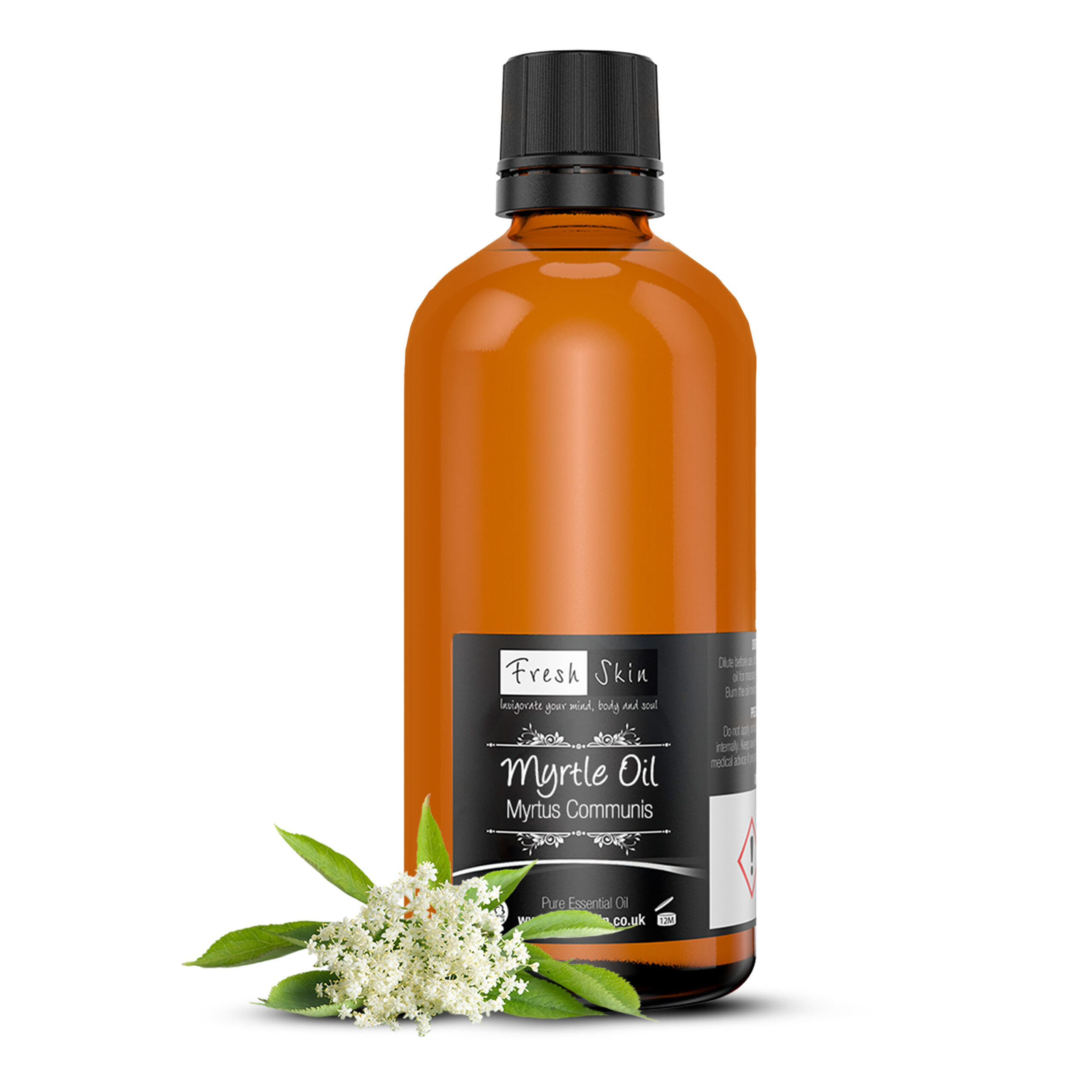

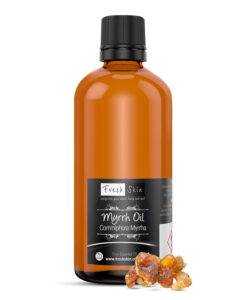
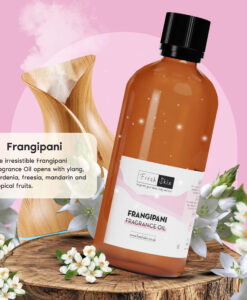
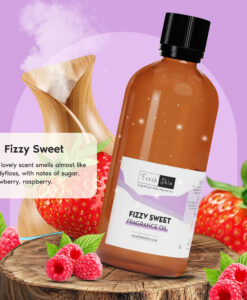
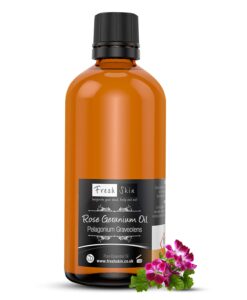
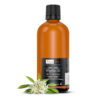
Reviews
There are no reviews yet.